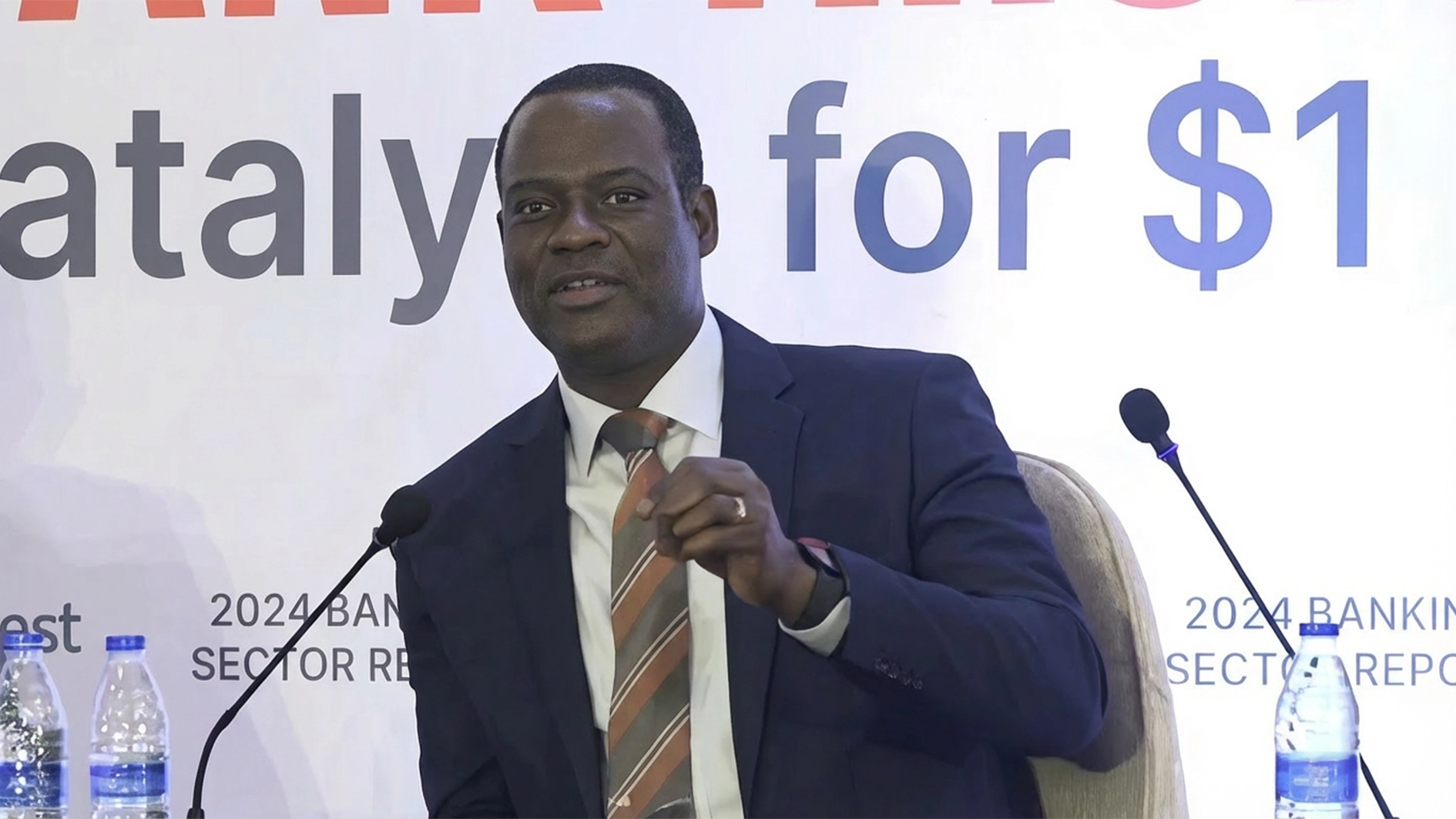Facebook has deleted several surrogacy-related groups in Nigeria following an investigative report by DUBAWA that uncovered how social media platforms were being used to exploit women through unregulated commercial surrogacy.
The investigation, published on September 27, 2025, detailed how surrogate agents used Facebook to advertise and recruit women for surrogacy arrangements, often through misinformation and financial inducements. It also noted how the absence of clear legal frameworks in Nigeria has enabled such practices to flourish.
Following the publication, DUBAWA said Meta, Facebook’s parent company, removed the Nigerian surrogacy groups it had flagged during the course of the investigation. The deleted groups include Surrogate Mothers Nigeria, Egg Donor and Surrogate Mother in Nigeria, Egg Donation and Surrogacy (For Expectant Mothers) IVF, and Surrogates and Egg Donors Group.
Initially, Meta had ruled that the groups did not violate its community standards. However, after a review, the company reversed its decision and deleted them. Between 9:15 a.m. and 4:08 p.m. on 25 September, Facebook also removed additional groups such as IVF & Surrogacy Support Groups Nigeria, Nigeria Surrogates and Intended Parents, Surrogate/Egg and Sperm Donors, and Surrogate Mothers Support and Advocacy Group.
An international surrogacy network, Surrogate Mothers Agency, which had over 12,000 members and operated globally, was also taken down after being reported by DUBAWA. In total, nine groups with more than 38,000 combined members were deleted from the platform.
Reacting to the findings, several Nigerians and international observers criticised the proliferation of such groups online. “A Facebook page agency for surrogate mothers is genuinely the most ridiculous thing I’ve heard in recent times,” a user, identified as Purple Passion (@annie_chrissss), wrote on X after viewing DUBAWA’s documentary.
A former surrogate, Temitope Afolabi, told DUBAWA that Facebook’s clampdown had made it increasingly difficult for surrogacy agents to advertise on the platform. “Many of the surrogate groups have been brought down, and whenever they want to post, they always have an issue. They say Facebook doesn’t allow them,” she said.
Some of the surviving support groups on Facebook have since introduced self-regulation measures, including disclaimers prohibiting members from discussing payment plans or sharing financial details related to surrogacy. One administrator wrote, “To follow Facebook’s surrogacy strict policies, we do not post payment plans, pricing, or financial discussions inside this group.”
Before the clampdown, numerous Nigerian groups openly advertised surrogacy arrangements, with payment offers ranging between ₦2 million and ₦5 million.
Despite multiple attempts by DUBAWA to obtain Meta’s official comments, the company did not issue a formal response. Meta’s Head of Communications for West Africa, Oluwasola Obagbemi, told DUBAWA via WhatsApp that she was “on leave and out of the office.”
The removal of the groups comes amid growing concern about unregulated surrogacy practices in Nigeria and renewed calls for the government to establish clear legal and ethical guidelines to protect vulnerable women from exploitation.






